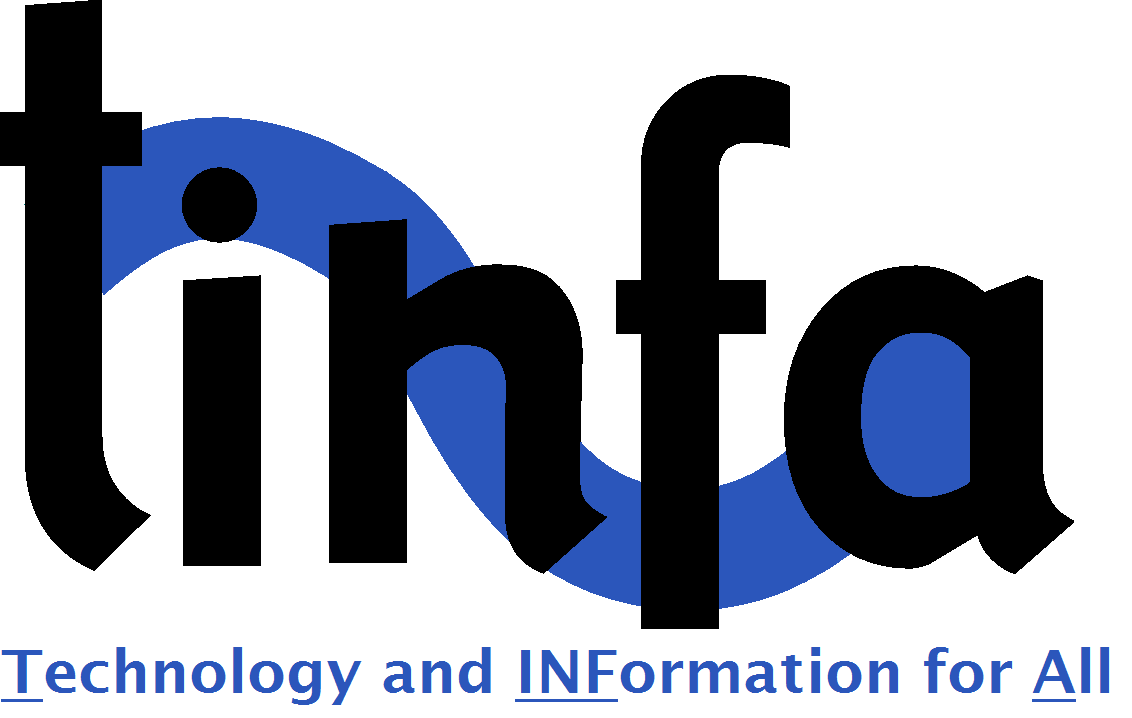I first saw Cesar Puac in action via Skype, as he was helping a new partner school in the Retalhuleu, Guatemala, install its new equipment kit and connect for the first time through Skype, to test that all everything was working well. I was very impressed by the impact of the equipment installation on the teachers, parents, students and community leaders. Later, I told TINFA founding director, Emma Le Du, that I’d like to be more involved, if she had something I could do effectively.
It didn’t take long. Cesar wanted to learn conversational English. Emma asked me if I could Skype with him a couple of times a week. I jumped at the chance. Cesar and I started right in. We started out very basic, with simple vocabulary and sentences. Cesar showed a real facility for learning English, which is lucky, since I have no Spanish and can only try to explain more in English, which often confuses more than it helps. He got better and we moved on to talk about everything. We talked about families and weather and politics and history (Cesar was born during Guatemala’s 30-year civil war). We got to know each other very well. I learned that Cesar is a devoted father, son, husband, grandson and more. I told him about my own children and my grandchildren living in Germany.
One afternoon on Skype, Cesar’s daughter, Kayla, asked to speak English with me. She is learning English in school. She climbed up on Cesar’s lap. Cesar introduced us and she pronounced her best, “Hello. Good Afternoon. How are you?” on me. Too cute, too charming and too embarrassed to go any further.
We keep the grammar fussiness to a minimum and just focus on understanding one-another, except for my occasional pedantry on verb forms and our weird English phonetics. We laugh a lot when our mispronunciations (I occasionally attempt something in Spanish, to Cesar’s bafflement) causes conversation to take a mysterious turn. We both dive for Google Translate when we get stuck for a word.
I learned that Cesar has a mildly prankish sense of humor. He came to visit Seattle and made a presentation to my Rotary club. We had arranged for a member of our club, fluent in Spanish, to translate for Cesar. His English wasn’t up to an extended presentation, yet. Cesar started out in his native K’iche’, a Mayan derived language. Our translator looked puzzled, then concerned and, finally, shrugged helplessly to the audience. Then Cesar let him in on the joke.
While in Seattle, Cesar came to stay with me a couple of days. His schedule only allowed a couple of hours of sight-seeing, so we hit a couple of the standard sights, the view from Kerry Park and the Space Needle. And we sat up and talked more about stuff I can’t remember.
Over the course of our conversations, I learned a lot about Cesar’s work, too. On behalf of TINFA, Cesar investigates schools and communities where a TINFA program has good prospects of thriving, implements the technology package, trains teachers on the use of internet resources in the classroom, provides ongoing technical and educational support and certifies teachers who demonstrate proficiency in the use of technology. Shuttling on his motorbike among the ten schools he supports, sometimes commuting for hours, Cesar Puac is the face of TINFA in rural Guatemala and one of its chief assets.
And I am happy to know him and to call him my good friend.
Mike Madden


